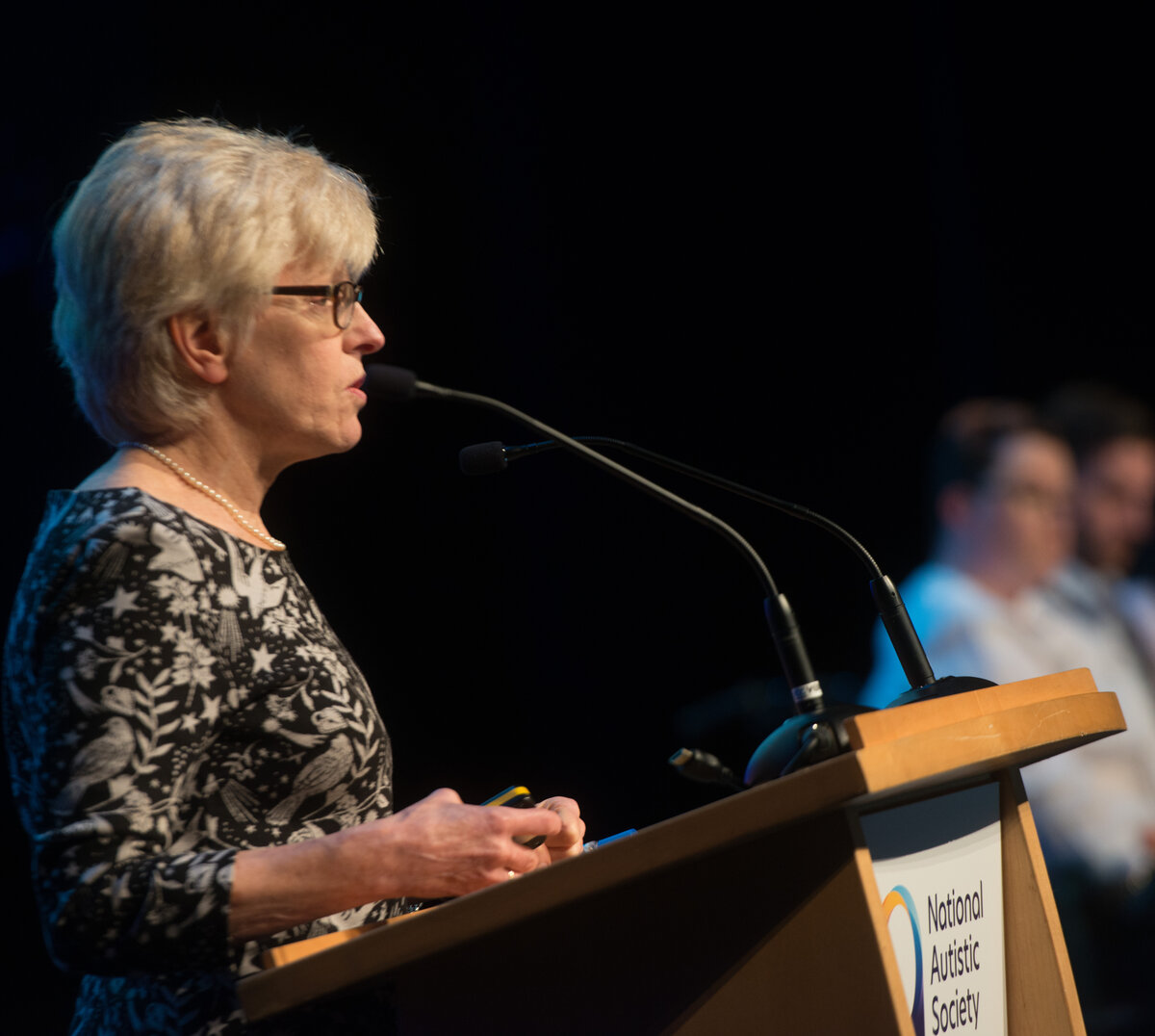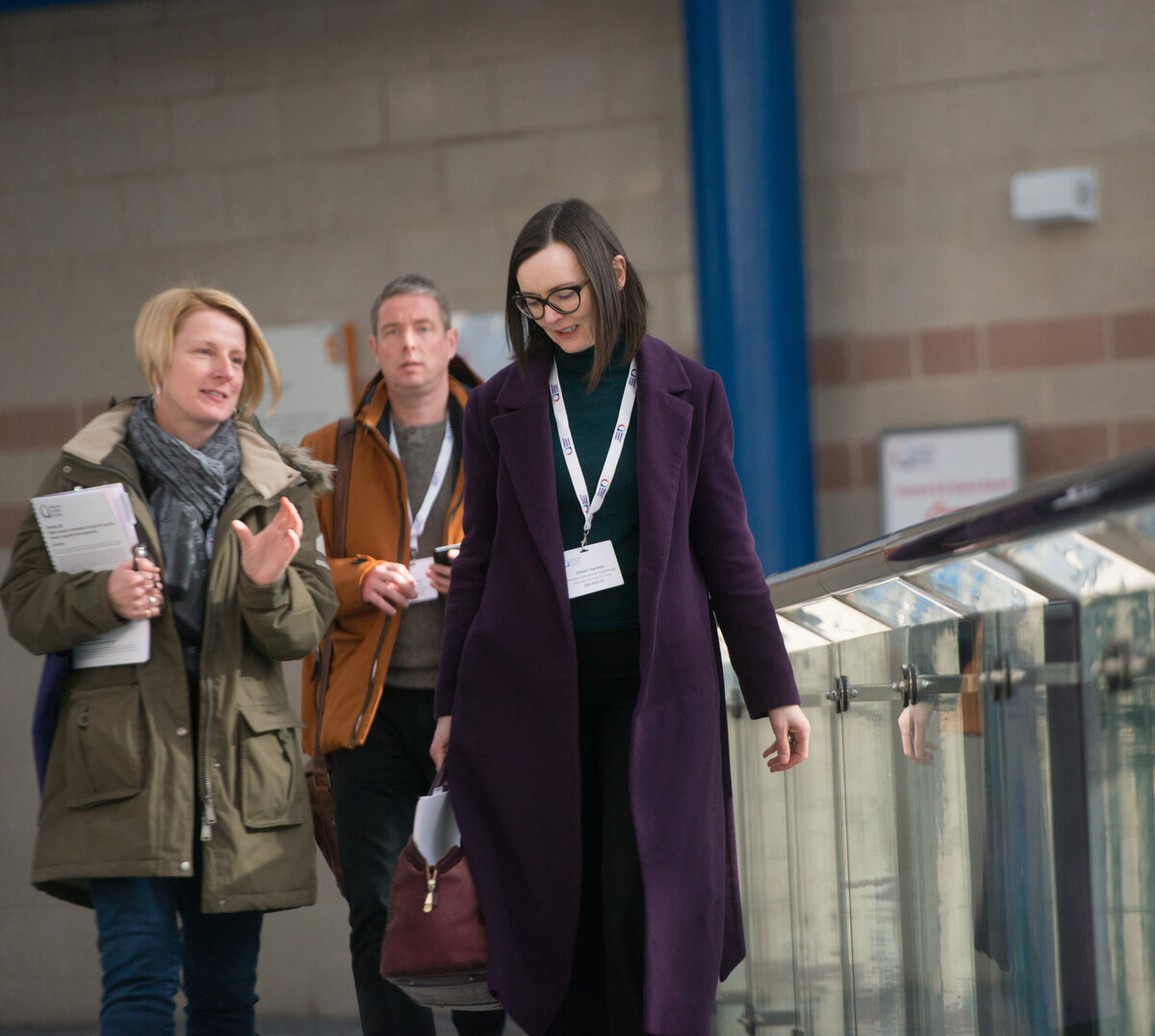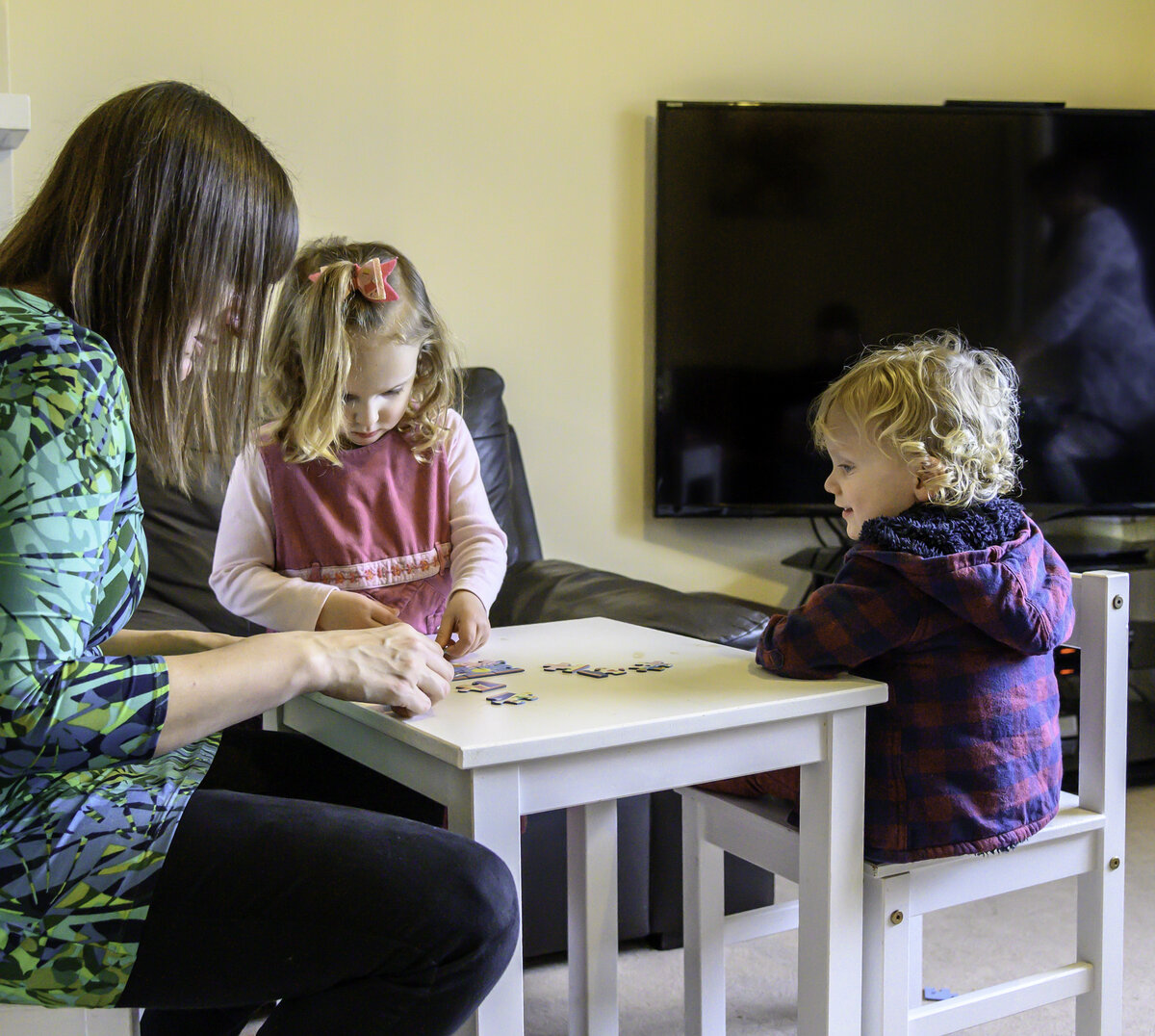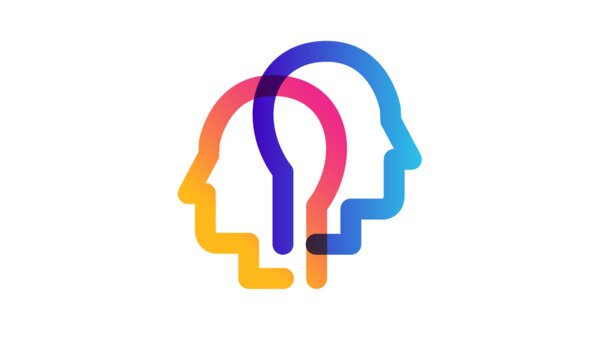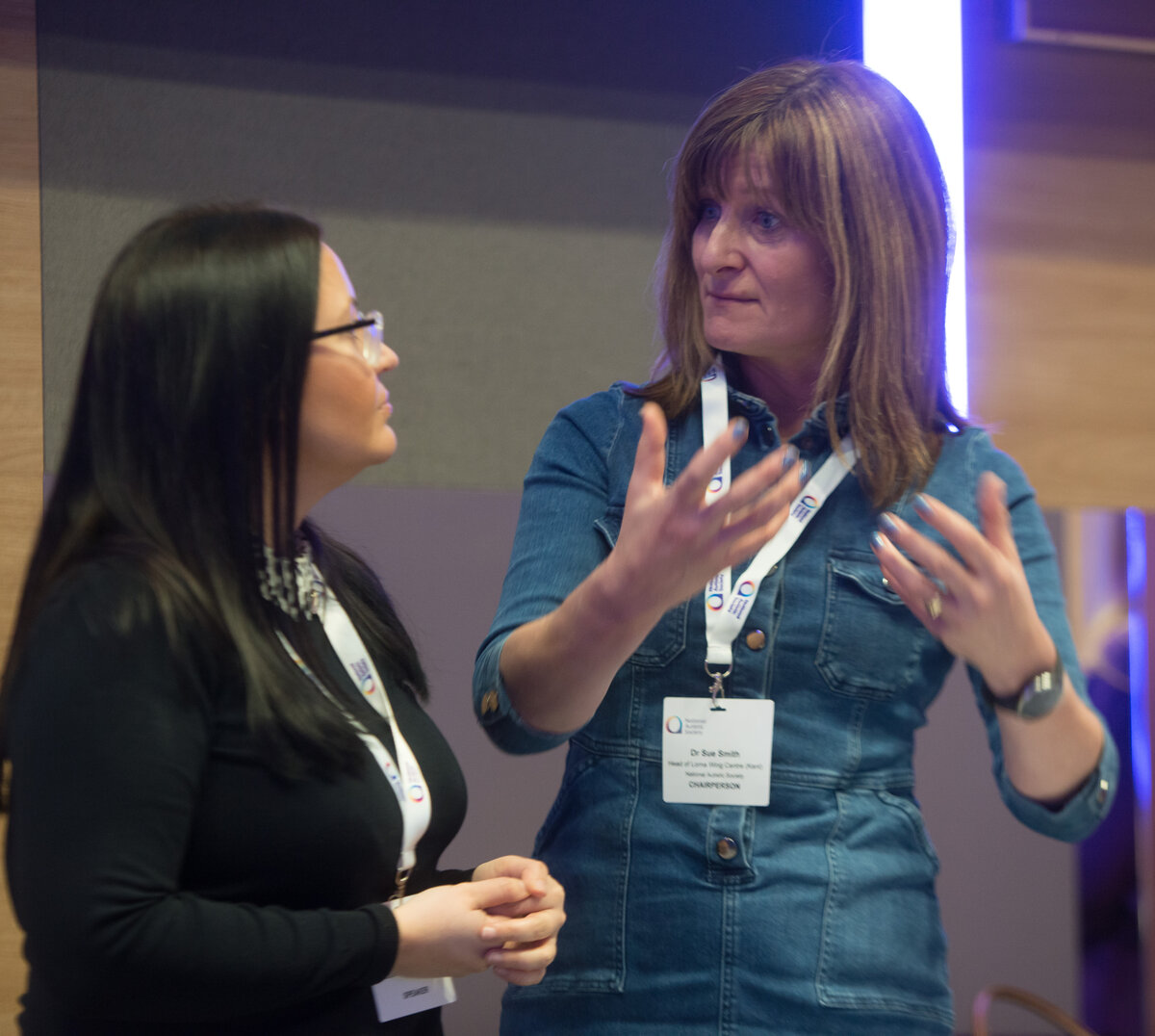Developing independence and self-confidence in autistic adults
Published on 19 April 2017
Author: Timothy Glenn
Timothy Glenn, Lead Manager of Adult Autism Services for the National Autistic Society Northern Ireland, discusses their service for autistic adults which aims to promote independence, build self-confidence and provide an opportunity to develop and learn everyday skills.
The National Autistic Society (NAS) Northern Ireland delivers a number of key interventions with autistic adults and their families/carers for the Northern Health & Social Care Trust (NHSCT). The key aim of our service is to promote independence, self-confidence and social inclusion amongst autistic adults.
Admission to the service is made via a referral from the NHSCT ASD Intervention team. They outline the identified needs of the individual and we then carry out an assessment to ensure we have all the information needed, that the referral is appropriate and that we are able to deliver an intervention.
Once we have accepted the referral, we will then advise the individual, their GP and the NHSCT staff off how we plan to proceed with intervention.
The referral will be used to develop a person centred plan of intervention and a decision will be made as to whether the service user is seen on an individual basis, or if appropriate to identified need, in a group setting.
A key worker will be assigned to the service user – they will develop a plan with the adult, making sure they have a clear knowledge of when and what is being offered.
We deliver 22 individual intervention sessions per week across the four main geographical areas of the NHSCT.
Promoting confidence
Many of the people we support will have difficulty in accessing their community or leaving their home. We work on some key areas which aim to promote independence, self-confidence and social inclusion. We want to help each adult build their capacity to engage and interact with immediate family and friends, acquaintances and their local communities.
If the adult has difficulties working within group settings, we will work with them to develop the skills which may see them work towards accessing more group and social activities.
We deliver a range of intervention sessions aimed at promoting confidence and wellbeing, and aim to help them develop skills in the following areas:
- managing emotions
- self-awareness
- self-esteem
- recognition of emotions
- regulation of emotions
- anxiety management
- managing low mood.
Developing life skills
For many of the people we support, their difficulties arise from a reduced level of life skills, which become a barrier to accessing their communities and services which they need.
Using our experience of supporting autistic people we have developed a range of intervention programmes aimed at building life skills. These include:
- day to day living skills
- planning and organisation skills
- motivation and goal setting
- money management
- personal hygiene and dental care
- healthy eating and lifestyle.
Many of the adults may be deemed as vulnerable adults, and we have a range of interventions aimed at building awareness and skills in areas where there are potential dangers to the service user, or where accessing public buildings has been a barrier to personal development:
- keeping safe
- online safety
- airport safety
- road safety
- safety at home
- personal safety
- accessing hospital appointments
- visiting relatives in hospital
- travel training.
Where there is an identified need for further intervention programmes, we ensure that the resource is developed.
Each of these sessions may need to be delivered in a range of settings. Individually tailored to the individual’s needs, they will include a mix of 1:1 home/office based learning and practical learning in community settings.
On occasion we may work on more than one skill at a time, if the adult is comfortable. For example to improve confidence in independent travel and managing money, we may organise a trip to town on public transport to incorporate an activity such as lunch or shopping.
Social skills groups
We also deliver a social skills group session each week in 6 week blocks, across the four main geographical areas of NHSCT.
These interventions are delivered in a range of locations which are accessible to everyone, and are in an environment which should allow the adult to feel as comfortable as possible.
The eight core areas which the group facilitator works with the adults to develop are:
- starting a conversation
- eye contact
- personal space
- taking turns in a conversation
- keeping on topic
- talking about interests
- sensitive topics
- ending a conversation.
Other support
There are also a further range of modules which may be more appropriate to the group, depending on the needs identified through assessment and referral.
Some of these modules are offered in the 1:1 service, but on occasion it may be a better learning experience for the service user, if they are happy with it, to be delivered in a group setting
These include:
- looking after your personal property
- telephone skills
- volume of voice
- active listening/interrupting
- understanding emotions and body language
- managing emotions and stress.
Carer training
We organise and facilitate a total of six training programmes for families and carers of autistic adults.
The programme covers three sessions:
Session 1
- Understanding autism.
- Group discussion.
- Identifying needs, concerns and difficulties of parents/carers.
Session 2
Practical solutions to assist carers with their needs, concerns and difficulties identified in session 1.
This may include fact sheets, resource lists or signposting to existing services.
Session 3
Follow up session to assist carers with any additional needs which may have arisen since session 2.
Additional support and advice
We attend the Northern Adult Autism Advice Service which is facilitated on a weekly basis, and work with NHSCT staff to ensure that service users are aware of and can access this service if they have additional needs which may arise around education or finances.
Further information
For more information about our service please visit our website.





